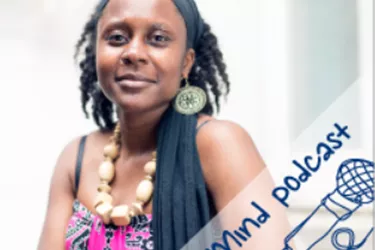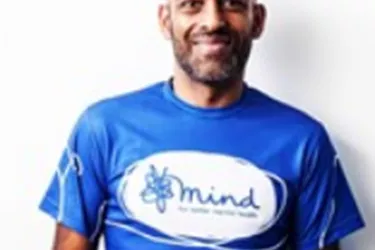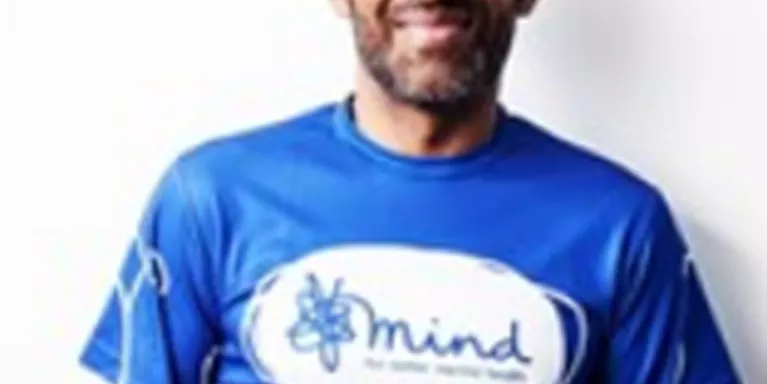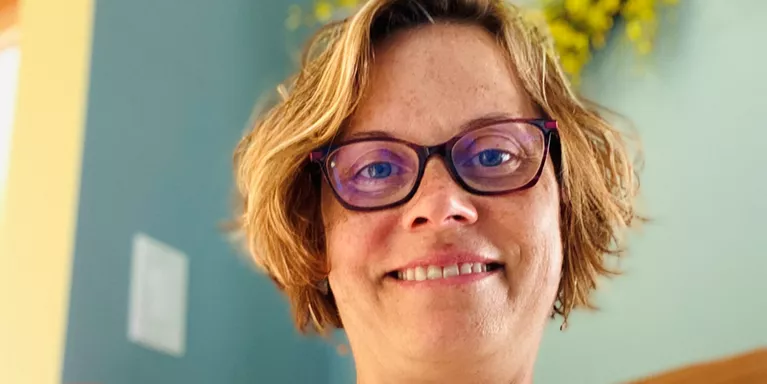Bipolar disorder: what I wish someone had told me.
Eleanor shares what she wishes someone had told her about Bipolar disorder when she was first diagnosed.
When I was 15, I started suffering from depression and anxiety. My heart would race, I couldn’t sleep and it was so debilitating I had to take six weeks off school in my GCSE year. I still got my GCSEs and I recovered for a while. However the following months were filled with a manic, high episode and then a depressive episode featuring psychosis which led me to be hospitalised voluntarily on an adolescent mental health unit. It was there, aged just 16 years old, that a psychiatrist diagnosed me with bipolar affective disorder, which runs in my family.
Bipolar is a serious mood disorder where sufferers can experience depression and low phases lasting for months and manic, high phases which can make sufferers feel out of control due to the symptoms.
I am now 29, but when diagnosed at 16, this felt like a life sentence. I was a shy teenager, always wanting to fit in and now I was told I would have a chronic mental illness, have to take constant medication to keep well and keep regular tabs on my moods. What I didn’t know was that due to the severity of my illness, the doctors told my parents they didn’t know if I would be well enough to go to university. I proved them wrong, but this is what I wish I had been told when first diagnosed
"Not everyone with Bipolar rapid cycles."
I go for months between episodes and on my medication sometimes have no Bipolar episodes at all. In society, people think being bipolar means your mood changes a hundred times a day. This is not the case. Often months and years pass between episodes because everyone with the illness is different.
Some people do rapid cycle with their moods and for others it’s much slower. Let’s change that stigma.
"You can do whatever you want to do, just make sure you set realistic goals."
Whether it’s going to University, starting a new job, travelling around the world- you can do it if you are feeling well. Make sure you look after yourself and ask for reasonable adjustments in the work place, if need be. It’s ok to disclose a disability- but as long as your episodes are fairly under control (and in this everyone is different) you can still achieve. Small achievements are just as important, just make sure it’s achievable and realistic for you at the time.
"Medication can help keep your moods on an even keel, but it is trial and error."
It took me almost 11 years of living with the disorder before I found the right medication to keep my episodes at bay, and my moods properly stabilised. I experienced severe depressive and manic episodes when on the wrong medication for me.
Mood stabilisers, such as Lithium, really can help. When I changed from a teenager into a woman, my previous mood stabiliser Carbamazepine stopped holding me and I became unwell. Make sure you chat with your psychiatrist about the right medicine for you, and don’t be afraid of drugs like Lithium- it has saved my life.
Everything is trial and error and you may also need to be on a combination of anti-depressants or anti-psychotics. These medications all have side effects but if it helps your mental health significantly it can be worth it, just make sure you do it under the guidance of a psychiatrist.
"You can live and live well."
In 2014, I was hospitalised for a severe manic episode and was very unwell. It took me the best part of a year and a half to recover from the affect. However, since recovery I have worked for mental health charities, started a blog Be Ur Own Light (www.beurownlight.com) to tackle mental health stigma and blogged for Rethink Mental Illness, Time to Change, Bipolar UK and other publications such as the Huffington Post UK. Living with bipolar disorder means you have to be resilient. You can live. Yes, you may have other mental health challenges (I suffer from anxiety) but you can still achieve what you want, however big or small. Live your dreams.
When you are first diagnosed with bipolar disorder or suspect you may have it due to your moods and symptoms, you can feel incredibly out of control and overwhelmed. The most important thing to do is to take it day by day and get the right support. You don't have to live a miserable, reduced life, rather with the right help and combination of medication, therapy and support networks - including a good medical team- you can thrive.
Things may feel bleak and scary. However, you can move forward into the light. Be kind to yourself. Your illness is not your fault and you can recover again. That’s what I wish I had known when my journey began and what I want to share with you.
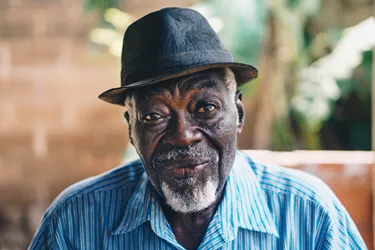

Information and support
When you’re living with a mental health problem, or supporting someone who is, having access to the right information - about a condition, treatment options, or practical issues - is vital. Visit our information pages to find out more.
Share your story with others
Blogs and stories can show that people with mental health problems are cared about, understood and listened to. We can use it to challenge the status quo and change attitudes.










